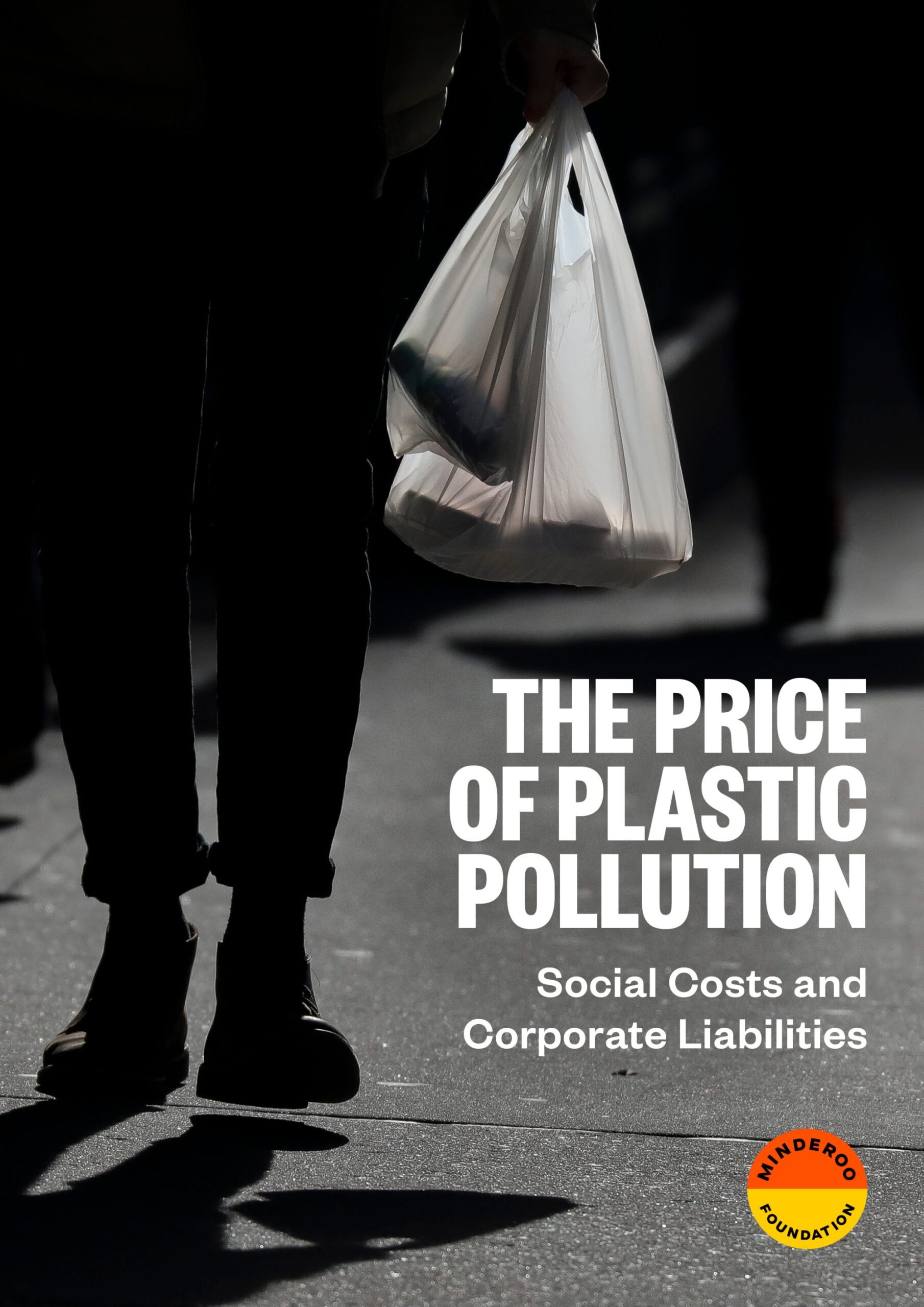Plastic has become ubiquitous in our lives. The material has many economic and social benefits and certain environmental advantages. It reduces food waste by increasing shelf life and protects vital medicines. Lightweight plastic packaging and plastics in vehicles reduce the fuel required to transport people and products. But the impacts of plastic production and pollution on the triple planetary crisis of climate change, nature loss and pollution are a catastrophe in the making. Our use and disposal of plastic has become an increasingly high-profile threat to our climate, ocean, wildlife and human health.
In 2019, the Principles for Sustainable Insurance published, Unwrapping the Risks of Plastic Pollution to the Insurance Industry, the first global insurance industry study on managing the risks associated with plastic pollution, marine plastic litter and microplastics. It looked at how insurers can better assess and manage plastic pollution-related physical, transition, liability and reputational risks in their core risk management, insurance and investment activities. One of the key findings of the global survey that informed that agenda-setting report is that in the context of plastic pollution risks, liability insurance is the most relevant line of insurance business, followed by marine insurance and health insurance.
The Minderoo Foundation’s report The Price of Plastic Pollution: Social Costs and Corporate Liabilities follows that pioneering PSI study. The report is intended to serve as an analytical foundation and common reference point to engage the insurance industry on plastic pollution and harness its unique ability to have positive influence on industry and policymakers.



